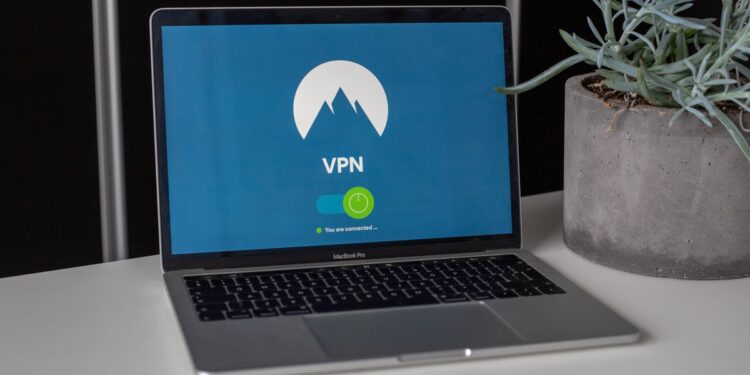With online activity now an integral part of our daily lives, privacy and security have become significant concerns for many people. If you are an avid user of the internet, a VPN (Virtual Private Network) is a must-have to safeguard your information. It’s should come as no surprise that VPN downloads have grown in popularity during 2020. Millions of people around the world are in lockdown restrictions, looking for extra online security for home working, and additional entertainment to stream. Whilst VPN services are very easy to use, the number of options now available to download can be a little overwhelming. Keep reading for advice in selecting the perfect VPN for you.
What does VPN stand for?
The term VPN stands for Virtual Private Network. A VPN or Virtual Private Network gives online privacy by creating an encrypted network, safeguarding data from hackers.
How does a VPN work?
A VPN routes an internet connection through the chosen VPN’s private server rather than through your Internet Service Provider (ISP). This ensures that when your data is transmitted online, it comes via an encrypted network that cannot be tracked to your location.
Many VPNs will work directly with the settings of your operating system such as Windows, Mac OS, iOS, or Android. This ensures that every app that connects to the Internet, including browsers, banking, or social media apps, are also protected.
What should you be looking for when selecting a VPN?
There are several considerations that need to be taken into account when purchasing a VPN. These include:
Usage:
It’s very important to first establish what kind of online activities you engage in, and how a VPN can help protect you and your personal information. You need to understand what you will be using the VPN for.
If you need a VPN for an entire household, a router-based VPN — or one that allows for multiple simultaneous connections — is what you should opt for. If you are planning on watching movies online, consider a VPN with unlimited bandwidth, a relatively high speed, and a more reliable connection. Avid travellers who are solely dependent on public Wi-Fi networks will need a VPN that offers the best security and provides servers that are situated all over the world.
Quality:
Not all VPNs are created equal — in fact, some can do more harm than good. Make sure you do your research and select a reputable company, who will safeguard your private information and not track your movements.
Free VPNs may be a tempting route to go down, however these are often associated with data breaches, spam attacks and poor user experiences. Opting instead for a paid service will guarantee that your VPN does what it promises.
Compatibility:
Though most VPNs support the primary platforms of Windows, Android, Mac, iOS, and Linux, a few are not compatible on all devices. If you have a Windows computer but use an iPhone, then ensure your VPN has a platform and app for both platforms. It’s also always a good idea to see how many devices you can connect to at once. While some VPNs allow you to connect unlimited devices, others only let you connect a limited number
User Experience:
The set-up and user-interface of most VPNs are often quite complicated. So, if you are not tech-savvy and do not wish to spend time trying to learn and configure a VPN, it’s crucial to find an option that offers simple setup procedures and a user-friendly platform. Some VPNs even provide a virtual setup, and so you don’t have to lift a finger.
Location:
One of the deciding factors in selecting a VPN can be the number of servers that they provide. If you live in a less populated area, a developing country or are planning to travel and live in such a place for some time, then you will need a VPN that provides servers to that location.
A VPN is the new must-have to safeguard your information online. With cybercriminals and hackers around every corner, a VPN will protect your privacy and help you stay one step ahead of impending online threats.













